How SEO Can Skyrocket Your Business Growth

24 Mar 2025
Want to dominate search rankings?
See how SEO can skyrocket your business growth and bring in more customers than
ever before!
In the online world of today,
ranking high in Search
Engine Results is more than a luxury; it's a need. Businesses who
understand the art of SEO (Search Engine Optimization) open up a world
of possibilities, resulting in increased traffic, leads, and revenues. Whether
you're a small startup or a well-established corporation, boosting your
internet presence can provide you a competitive advantage. So, how does SEO
drive Business Growth? Let's
dive in.
The Power of High Search
Rankings
When was the last time you
scrolled past the first page of Google? If you're like most users, probably
never. Studies show that over 90% of clicks happen on the first page of search
results. If your business isn't ranking high, you’re missing out on valuable
traffic.
A well-optimized website signals
to search engines that your content is relevant and valuable. The higher you
rank, the more credibility you gain in the eyes of potential customers. SEO
isn’t just about visibility—it’s about trust and authority.
Driving Organic Traffic and
Reducing Advertising Costs
Paid advertising is effective,
but it can be costly. The beauty of SEO is that it drives organic traffic,
meaning visitors find your website naturally through search engines rather than
through paid ads. Once your site ranks high for relevant keywords, you can
enjoy consistent traffic without continuously paying for clicks.
Investing in SEO strategies like
content optimization, keyword research, and backlink building
reduces dependency on paid ads. Over time, this leads to a higher return
on investment (ROI) while keeping customer acquisition costs low.
Keyword Optimization: The Key
to Unlocking Growth
Every search starts with a
keyword. Optimizing your content for high-intent keywords ensures that your
website appears in front of users actively searching for your products or
services. Instead of casting a wide net, effective SEO focuses on targeting the
right audience at the right time.
Using tools like Google Keyword
Planner, SEMrush, or Ahrefs, businesses can identify profitable keywords and
craft content that ranks. A well-researched keyword strategy ensures your
business is positioned where customers are already looking.
Creating High-Quality,
Engaging Content
Search engines prioritize high-value,
engaging content. Gone are the days when stuffing keywords into an article
guaranteed rankings. Today, Google rewards content that is informative,
well-structured, and answers users’ queries effectively.
Blog posts, tutorials, FAQs, and
case studies not only improve rankings but also establish your brand as an
industry leader. The more value you provide to your audience, the longer they
stay on your site—boosting engagement metrics and SEO rankings simultaneously.
Technical SEO: Enhancing
Website Performance
User experience plays a crucial
role in search rankings. If your website loads slowly, has broken links, or
isn’t mobile-friendly, it won’t rank well. Technical SEO ensures that your site
meets performance standards set by search engines.
Key factors include:
- Page Speed Optimization: Faster websites keep
visitors engaged and reduce bounce rates.
- Mobile-Friendliness: Google prioritizes
mobile-friendly sites since most users browse on their phones.
- Secure and Accessible Website: HTTPS encryption
builds trust and enhances security.
- Structured Data Markup: Allows search engines to
better understand your material.
Building Authority with
Backlinks
Backlinks—links from other
reputable websites to yours—are a major ranking factor. They serve as a vote of
confidence, indicating to search engines that your information is worthwhile.
Earning high-quality backlinks
from industry influencers, guest blogging, and getting featured in
authoritative publications can significantly boost your SEO. However, avoid
spammy link-building tactics, as search engines penalize manipulative
strategies.
Local SEO: Targeting Nearby
Customers
For businesses with a physical
presence, local SEO is a game-changer. Optimizing your Google My Business
profile, collecting positive customer reviews, and ensuring local citations are
accurate can put your business at the top of local searches.
Appearing in Google’s Local Pack
(the top three map results) dramatically increases foot traffic and
conversions. Whether you own a café, dental clinic, or retail store, local SEO
ensures you’re visible to potential customers in your area.
SEO Analytics: Measuring and
Improving Performance
SEO is an ongoing process, not a
one-time fix. Using tools like Google Analytics and Google Search Console,
businesses can track traffic sources, keyword rankings, and user behavior.
Regularly analyzing performance
helps refine strategies, improve weak points, and double down on successful
tactics. The key is continuous improvement—SEO is always evolving, and
businesses that adapt stay ahead of the competition.
Conclusion
SEO isn’t just about ranking
higher—it’s about growing your business strategically. From increasing
visibility and driving organic traffic to reducing marketing costs and building
credibility, SEO is a powerful tool that no business can afford to ignore.
By implementing proven SEO
strategies, businesses can dominate search rankings, attract more customers,
and achieve sustainable growth. The digital landscape is competitive, but with
the right approach, your business can rise to the top and stay there.
Recent Articles
-
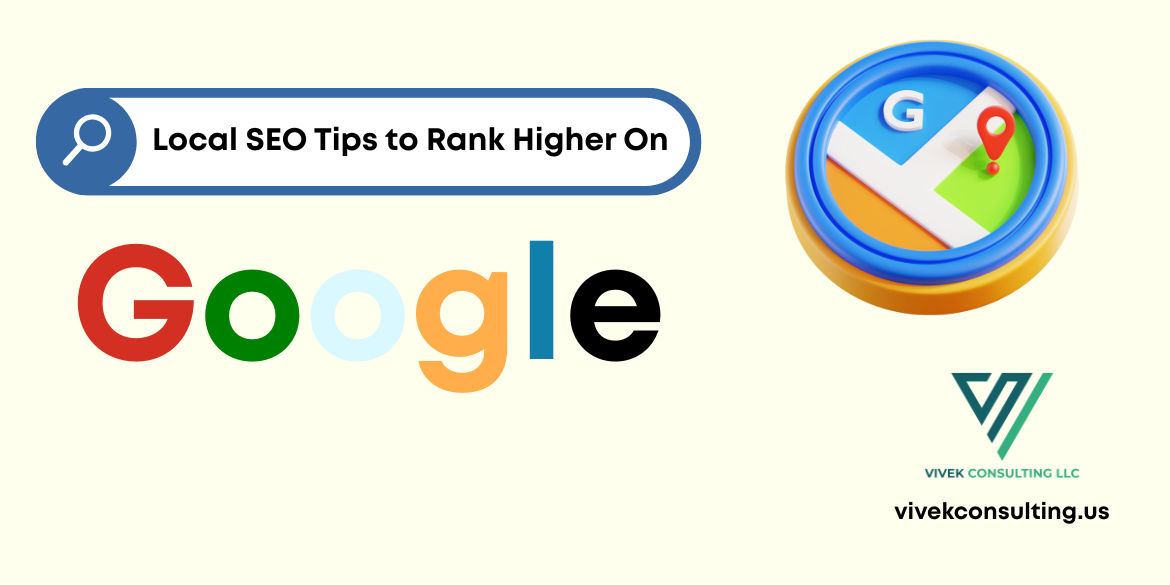 Want more local traffic? These Local SEO Tips to Rank Higher on Google will get you noticed
Want more local traffic? These Local SEO Tips to Rank Higher on Google will get you noticed
-
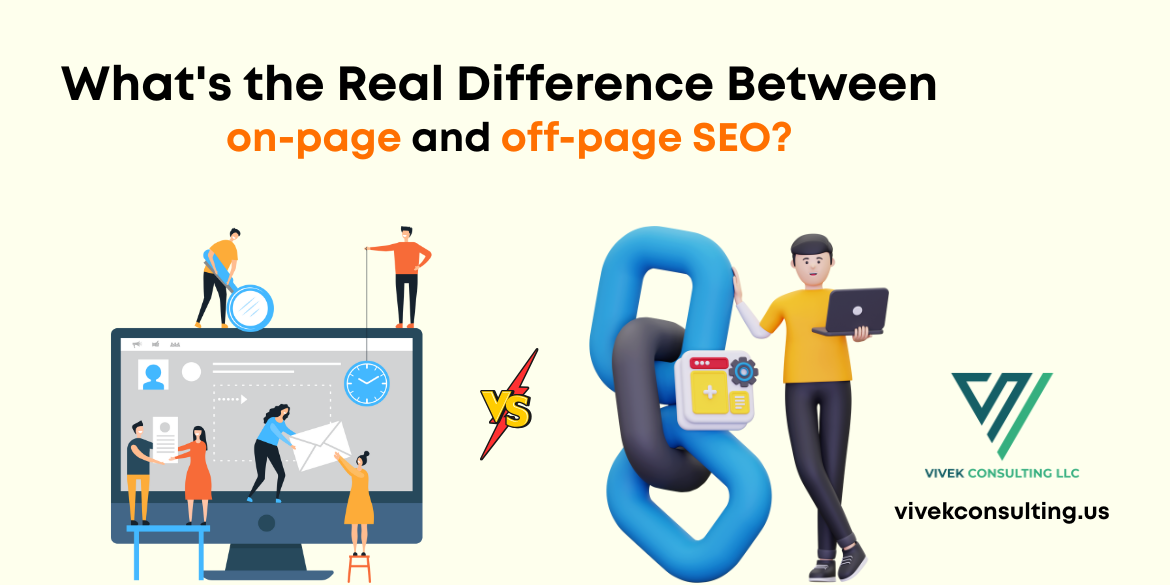 What's the Difference Between on-page and off-page SEO?
What's the Difference Between on-page and off-page SEO?
-
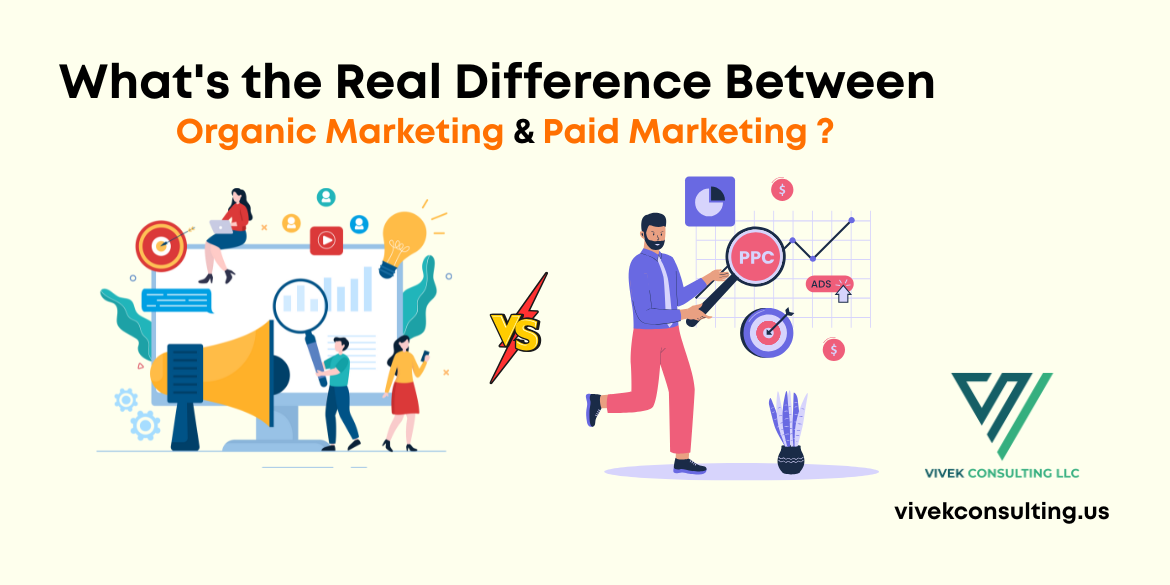 What's the Real Difference Between Organic and Paid Digital Marketing?
What's the Real Difference Between Organic and Paid Digital Marketing?
-
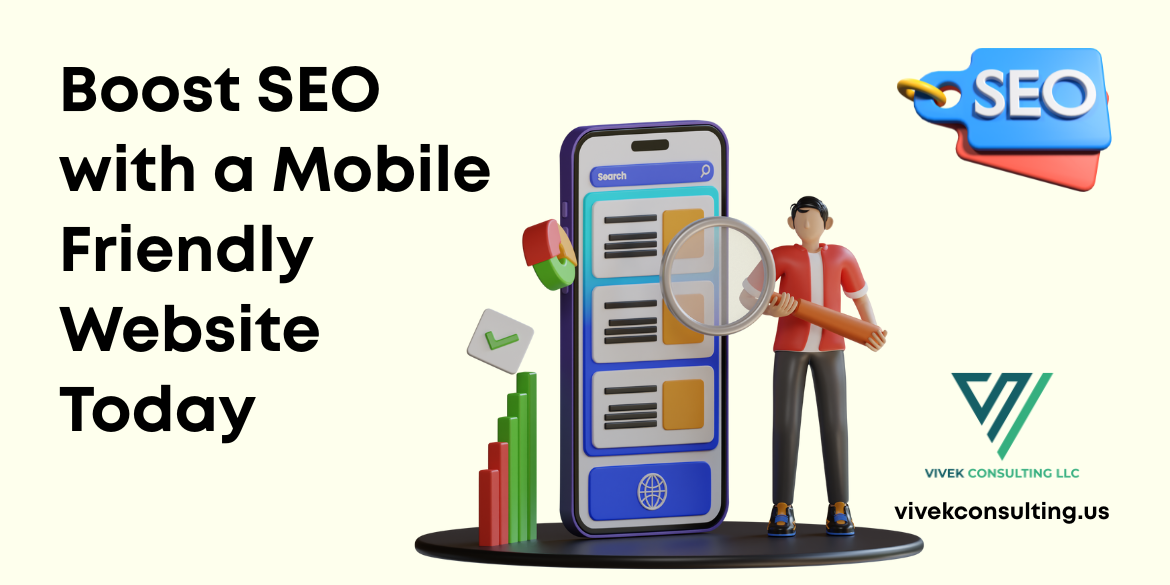 Boost SEO with a Mobile Friendly Website Today
Boost SEO with a Mobile Friendly Website Today
-
 How to Change the Theme on Shopify Without Using Any Code
How to Change the Theme on Shopify Without Using Any Code
-
 Why Businesses Need Blockchain Development
Why Businesses Need Blockchain Development
-
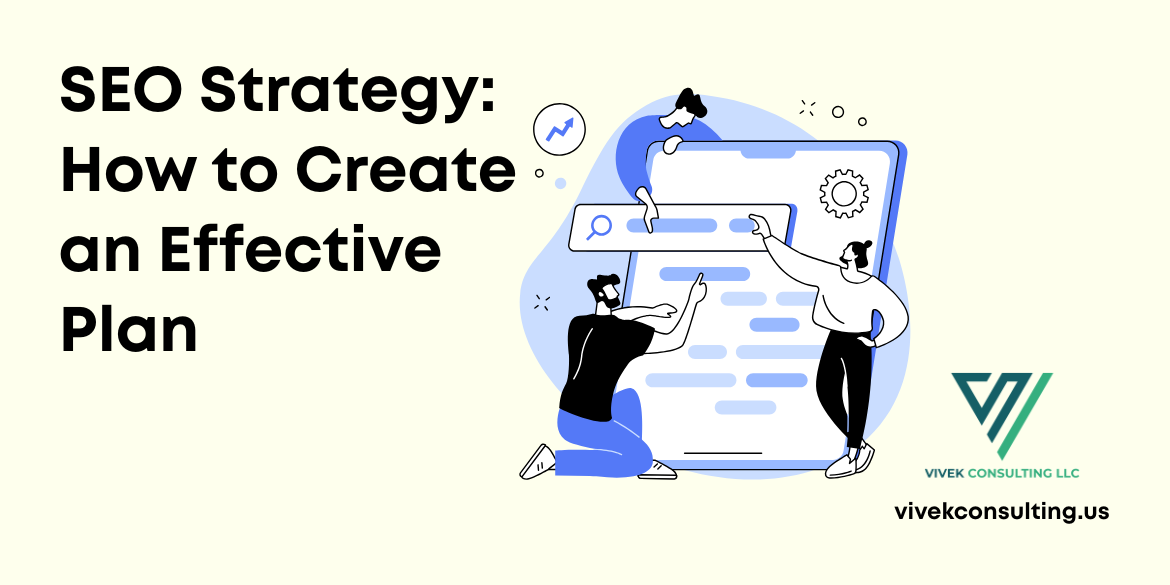 SEO Strategy: How to Create an Effective Plan
SEO Strategy: How to Create an Effective Plan
-
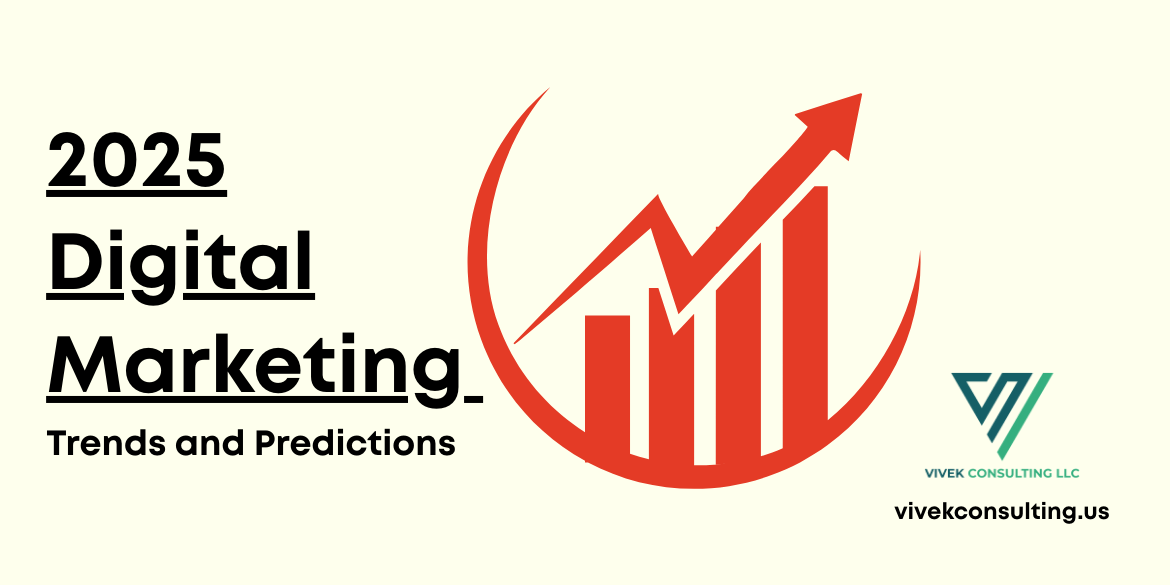 2025 Digital Marketing Trends and Predictions
2025 Digital Marketing Trends and Predictions
-
 The Future of Marketing with Meta Application
The Future of Marketing with Meta Application
-
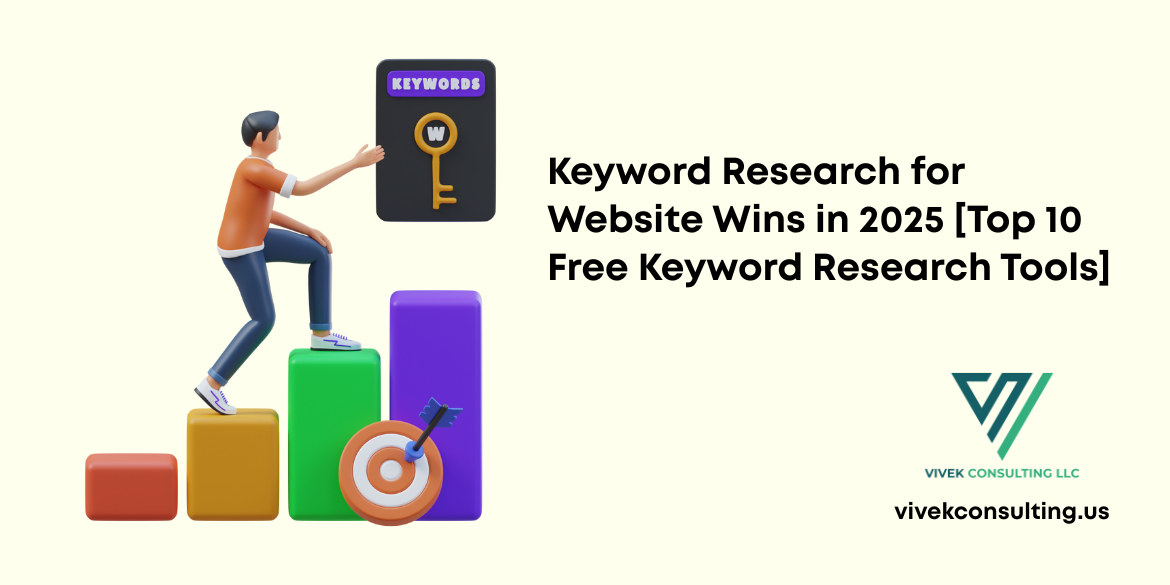 Keyword Research for Website Wins in 2025 [Top 10 Free Keyword Research Tools]
Keyword Research for Website Wins in 2025 [Top 10 Free Keyword Research Tools]
-
.png) Learning the SEO Audit Checklist. Every website should rank higher, load faster, and convert better without wasting time.
Learning the SEO Audit Checklist. Every website should rank higher, load faster, and convert better without wasting time.
-
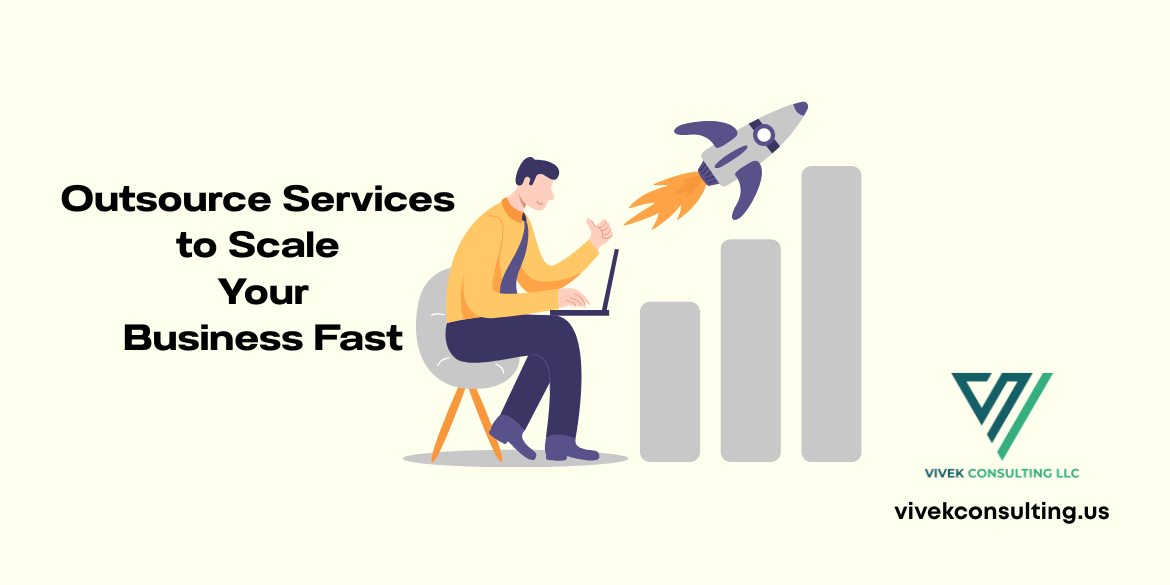 Ready for serious growth? Outsource services to scale your business fast and save time and money.
Ready for serious growth? Outsource services to scale your business fast and save time and money.
-
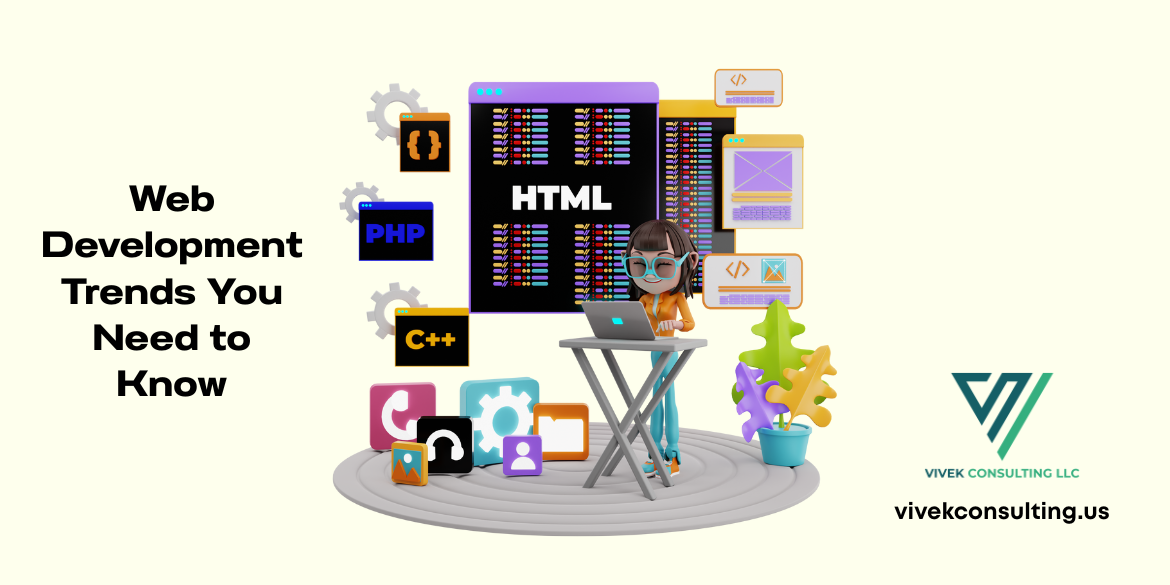 From AI to no-code, explore the Web Development Trends You Need to Know right now.
From AI to no-code, explore the Web Development Trends You Need to Know right now.
-
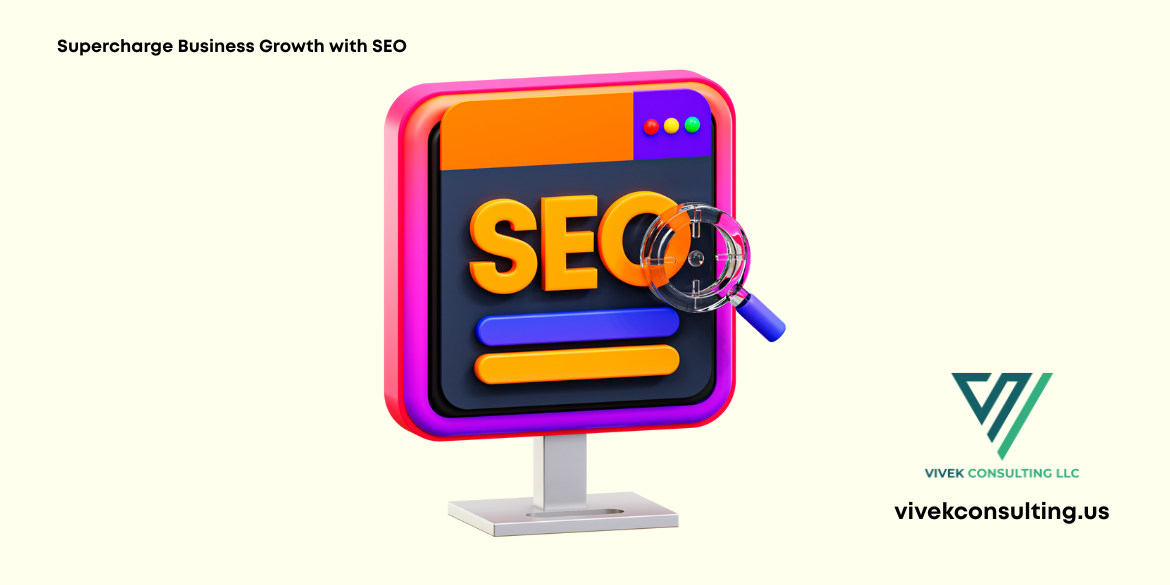 Supercharge Business Growth with SEO
Supercharge Business Growth with SEO
-
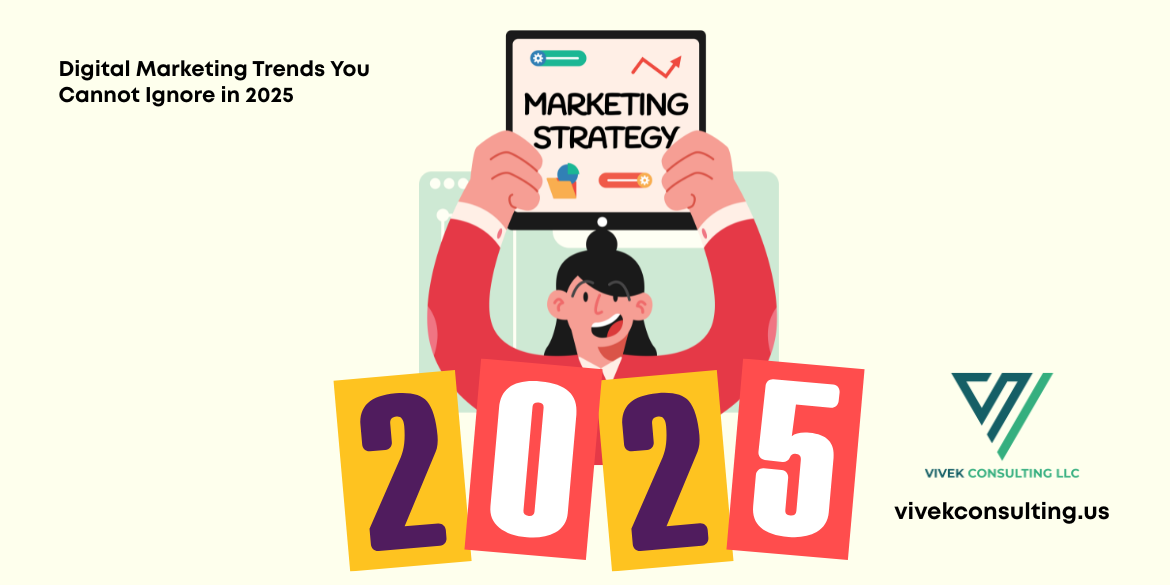 Digital Marketing Trends You Cannot Ignore in 2025
Digital Marketing Trends You Cannot Ignore in 2025
-
 Master Digital Marketing with AI in 2025
Master Digital Marketing with AI in 2025
-
 How AI Is Changing Software Development
How AI Is Changing Software Development
-
 Mobile Application Development in 10 Easy Steps
Mobile Application Development in 10 Easy Steps
-
 Outsource Services to Boost Efficiency
Outsource Services to Boost Efficiency
-
 Ready to scale smart? Boost efficiency fast with managed services that work.
Ready to scale smart? Boost efficiency fast with managed services that work.
-
 Outsource Services: The Smart Move for Your Business
Outsource Services: The Smart Move for Your Business
-
 Technical SEO Tactics to Skyrocket Your Rankings
Technical SEO Tactics to Skyrocket Your Rankings
-
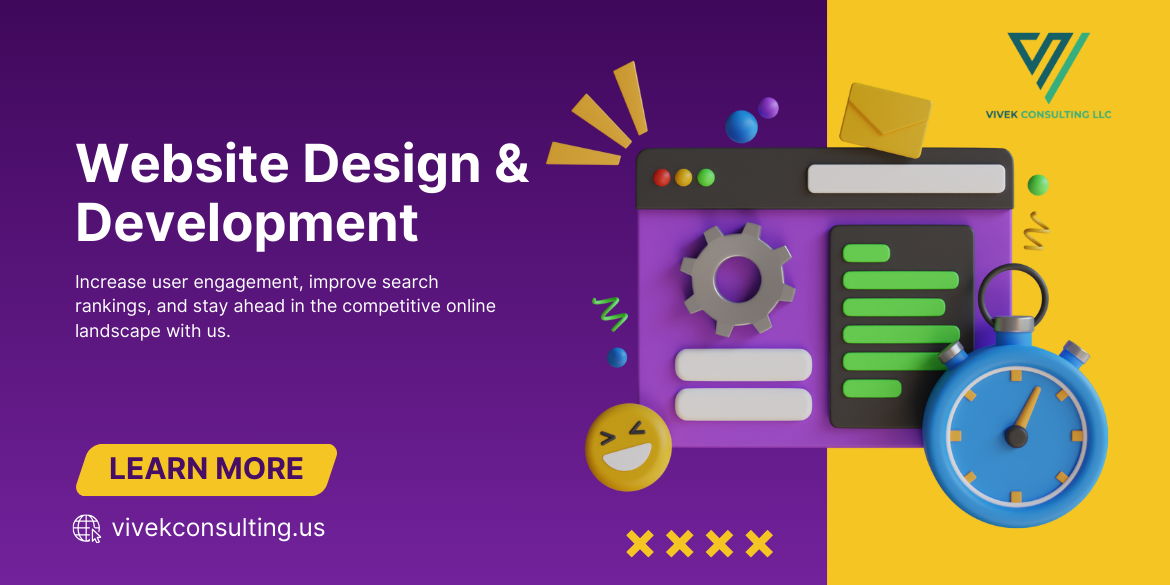 The digital world is evolving fast. Here is the web development trends you can’t ignore if you want to stay competitive.
The digital world is evolving fast. Here is the web development trends you can’t ignore if you want to stay competitive.
-
 Want more traffic? These off-page SEO tips will help you rank higher and grow like a pro! ????
Want more traffic? These off-page SEO tips will help you rank higher and grow like a pro! ????
-
 The Role of AI in Modern Software Development
The Role of AI in Modern Software Development
-
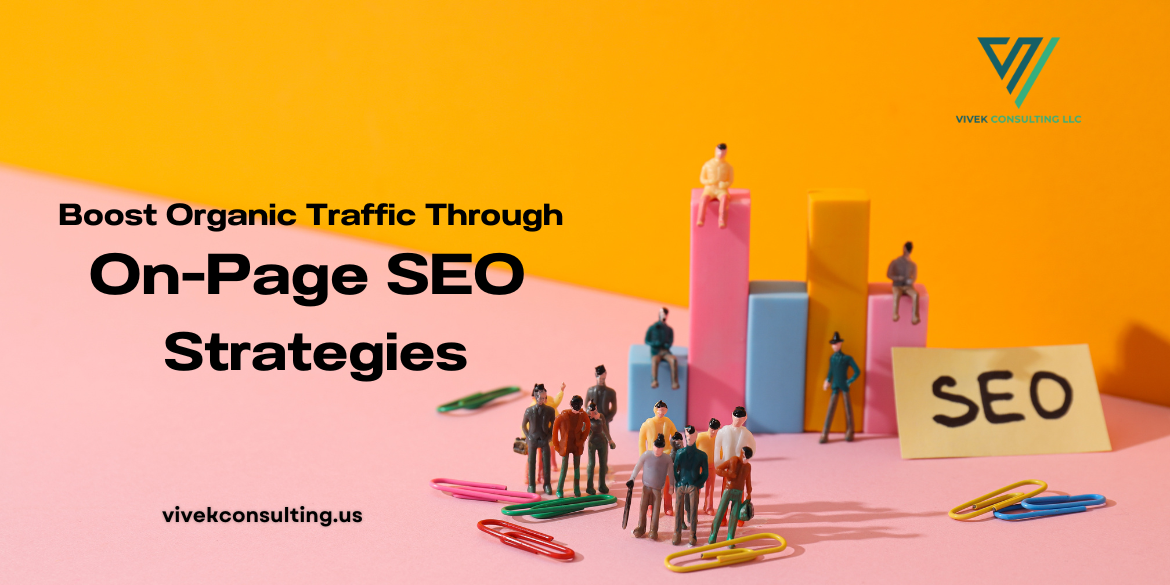 Boost Organic Traffic Through On-Page SEO Strategies
Boost Organic Traffic Through On-Page SEO Strategies
-
 How SEO Can Skyrocket Your Business Growth
How SEO Can Skyrocket Your Business Growth
-
.png) Why Digital Marketing Benefits Business Success in Charlotte NC
Why Digital Marketing Benefits Business Success in Charlotte NC
-
 Explore the future of smartphone application development with Vivek Consulting and stay ahead of the game.
Explore the future of smartphone application development with Vivek Consulting and stay ahead of the game.
-
 Crush Your Competition with Digital Marketing Charlotte NC - Vivek consulting
Crush Your Competition with Digital Marketing Charlotte NC - Vivek consulting
-
 Why Vivek Consulting Tops Charlotte’s Software Developers
Why Vivek Consulting Tops Charlotte’s Software Developers
-
 The Innovation of Smart and Inclusive UX: How AI and 5G Are Transforming Mobile Application Development
The Innovation of Smart and Inclusive UX: How AI and 5G Are Transforming Mobile Application Development
-
 Website Development: The Value of Web Design in Establishing a Powerful Online Presence
Website Development: The Value of Web Design in Establishing a Powerful Online Presence
-
 Elevate Your Brand: Discover the Top Marketing Agency in Charlotte for 2025 - Vivek consulting
Elevate Your Brand: Discover the Top Marketing Agency in Charlotte for 2025 - Vivek consulting
